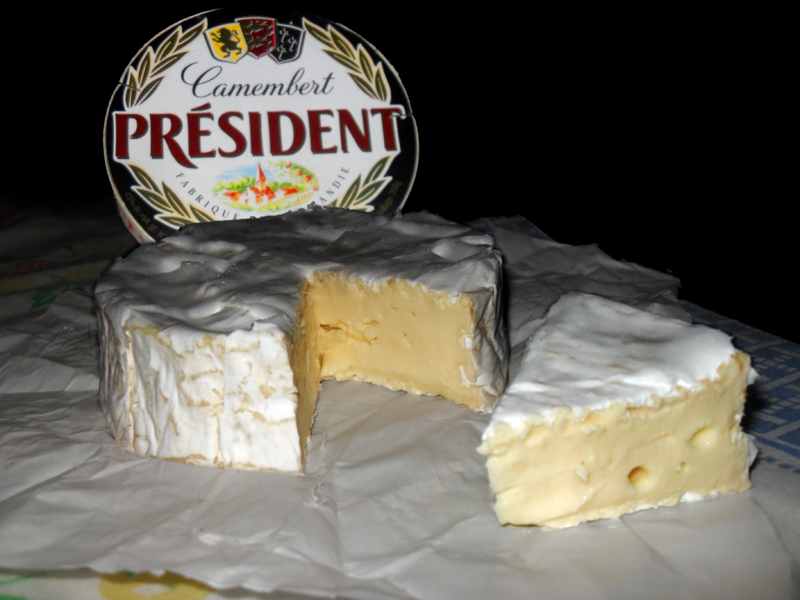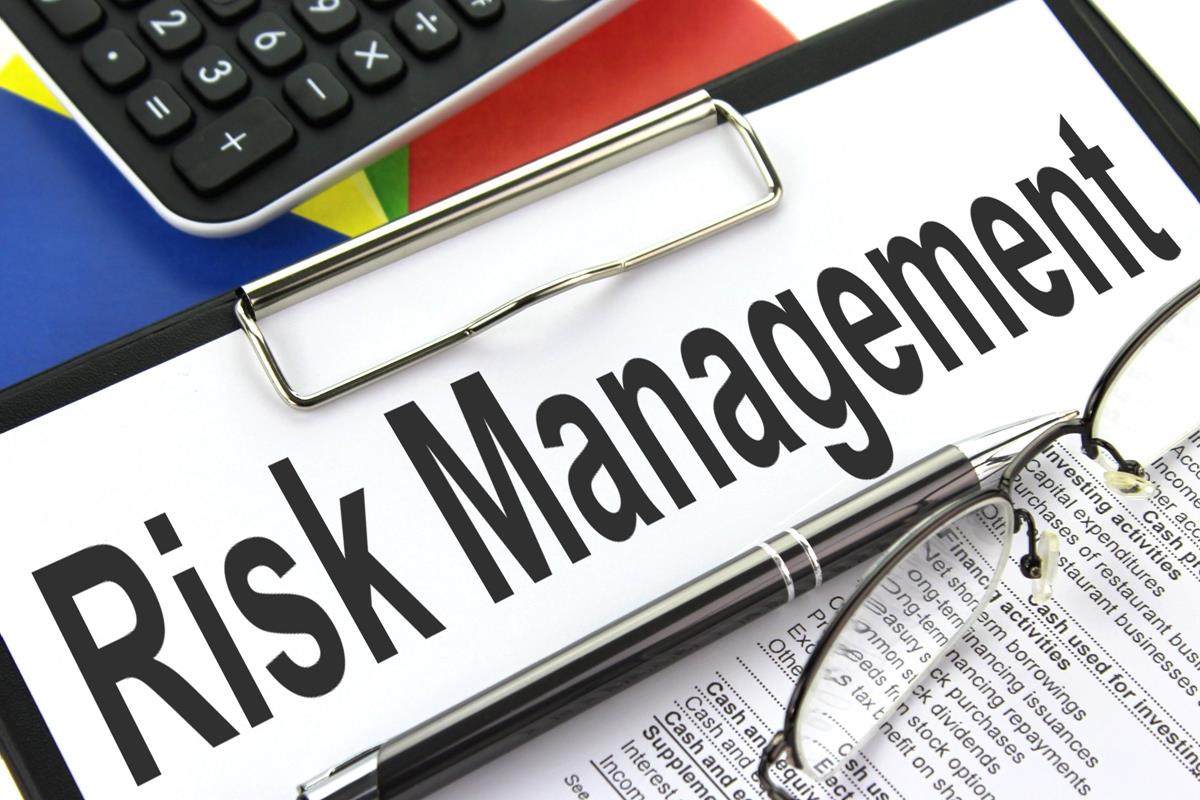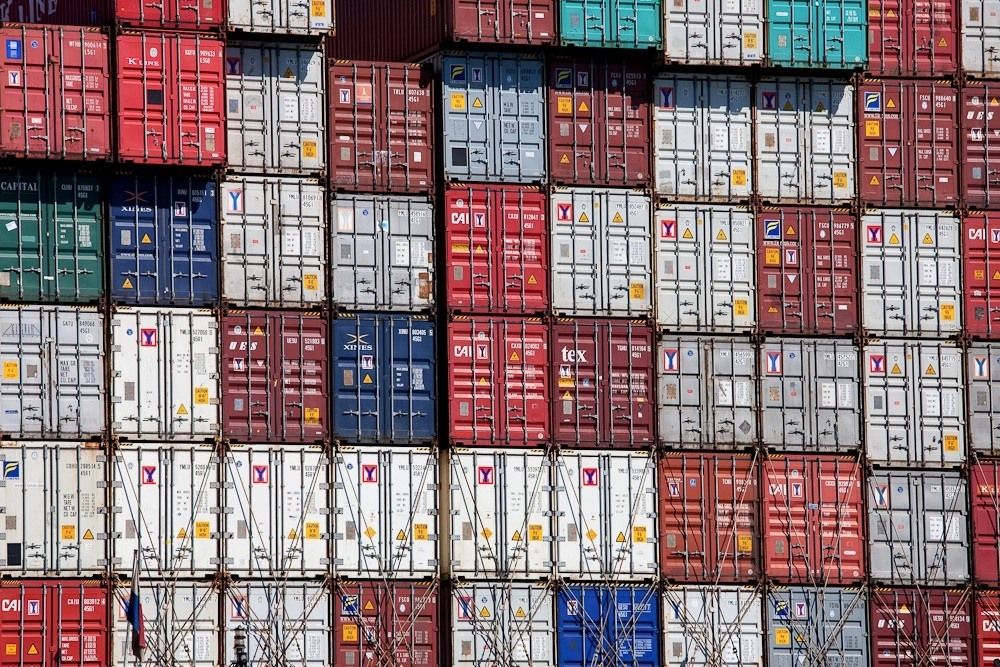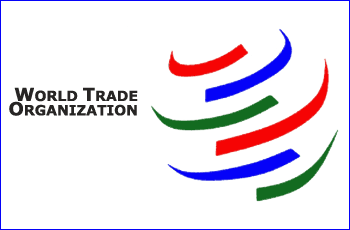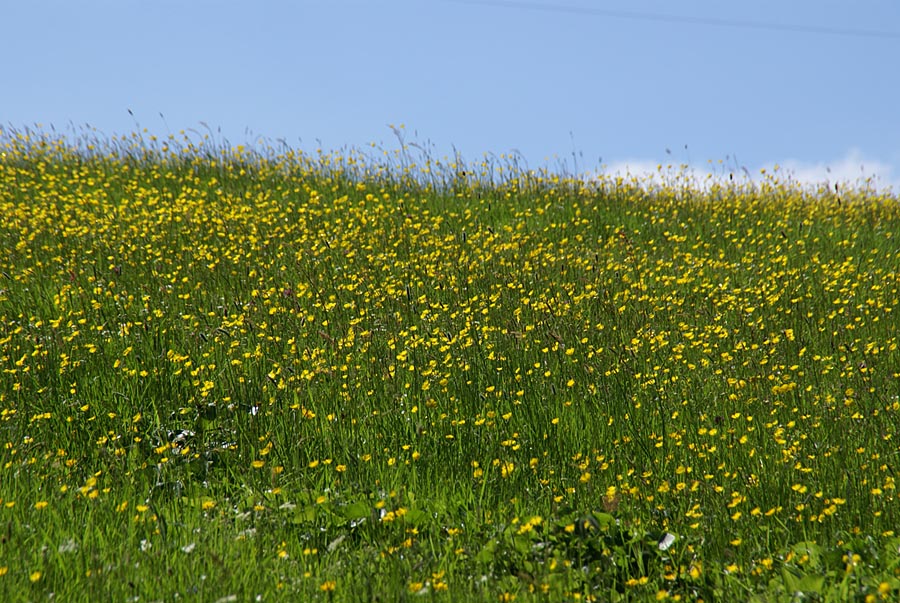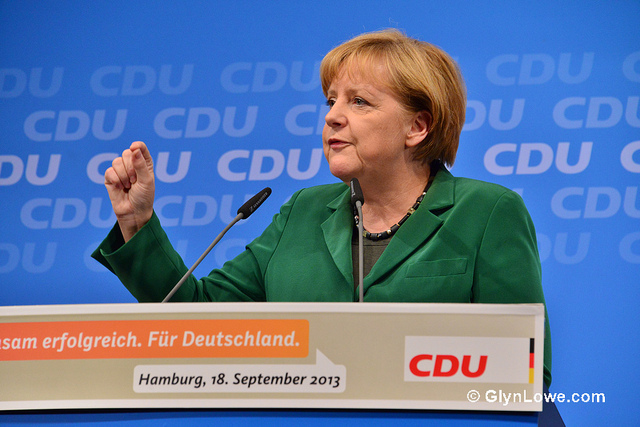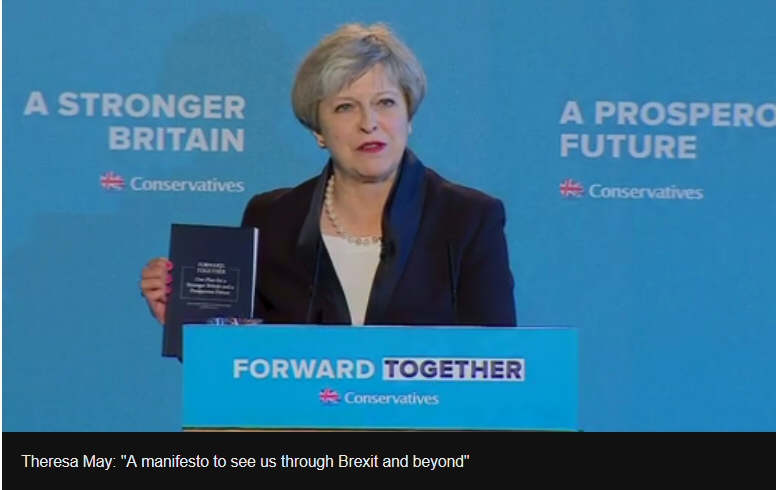DG AGRI’s Milk Market Observatory (MMO) is now proving its worth as a source of up-to-date data on milk and dairy product market developments. It is also an excellent source for historical time-series statistics which allow us to see patterns in the data and to develop hypotheses about the behaviour of actors in the food chain.
The chart below taken from the MMO shows the evolution of two indicators of producer prices for raw milk. One is the weighted average price that EU farmers received for raw milk at real fat and protein content (the ‘producer price’). The other is a hypothetical price, the farmgate milk price equivalent (FMPE), which is the price processors would be expected to pay based on the going market prices for butter and skimmed milk powder after deducting an average processing cost.… Read the rest
Which is the best risk management tool?
The extent and nature of the risk management tools that should be offered to EU farmers is one of the main issues which will be debated in the context of the future CAP after 2020. Already, in the COMAGRI amendments to the Omnibus Regulation, we see the interest of parliamentarians to extend the risk management toolkit and to make it more attractive for farmers to use.
The COMAGRI amendments seek to allow Member States to use CAP funds to contribute to insurance premiums for market-related hazards (that is, price variability) and revenue variations as well as just production variations due to adverse climatic events, diseases, pest or an environmental incident as at present; to provide for sector-specific income stabilisation tools so that farmers could enrol in schemes for a specific production and not necessarily for whole farm income; and would allow indemnification payments to farmers whenever the production loss (or income loss in the case of mutual funds operating an income stabilisation tool) exceeds 20% rather than the 30% in the existing legislation.… Read the rest
UK publishes proposals on customs arrangements with the EU
In her keynote Brexit speech at Lancaster House in January this year, the Prime Minister outlined:
“I do want us to have a customs agreement with the EU. Whether that means we must reach a completely new customs agreement, become an associate member of the Customs Union in some way, or remain a signatory to some elements of it, I hold no preconceived position. I have an open mind on how we do it. It is not the means that matter, but the ends.”
In the White Paper that followed in February, the Government stated that it would prioritise securing “the freest and most frictionless trade possible in goods (…) between the UK and the EU“.… Read the rest
Which EU countries will bear the brunt of a hard Brexit?
The withdrawal of the UK from the EU (Brexit) will have a negative economic effect both for the UK but also for the EU. The size of these negative effects will depend, in part, on the nature of the future trade relationship that may be negotiated if the Article 50 negotiations on withdrawal are successfully concluded and, in part, on the nature of the transition arrangements, if any, that may be agreed to bridge the period between Brexit Day and the entry into force of a future trade agreement.
The UK government’s objective for the long-term relationship remains that set out in the Lancaster House speech last January, namely, withdrawal from the Single Market and from any type of customs union with the EU, but agreement on an ambitious free trade agreement.… Read the rest
EU-Brazil WTO proposal on domestic support
On 17 July last week the EU and Brazil, supported by Columbia, Peru and Uruguay, put forward a proposal at the WTO in Geneva in an effort to build momentum to reach agreement on revisions to agricultural domestic support disciplines and on a resolution of the public stockholding issue at the upcoming WTO Ministerial Council meeting in Buenos Aires in December (I will refer to this as the EU-Brazil proposal in what follows). This follows a similar joint initiative by these two WTO members to eliminate export subsidies in the run-up to the last WTO Ministerial Council meeting in Nairobi in December 2015, which resulted in the Nairobi Ministerial Decision on Export Competition.… Read the rest
How well are CAP direct payments linked to the supply of environmental public goods in agriculture?
We are pleased to bring you this guest post by Dr Alessandra Kirsch who recently completed her PhD thesis Politique agricole commune, aides directes à l’agriculture et environnement : Analyse en France, en Allemagne et au Royaume-Uni at the Université de Bourgogne Franche-Comté. Dr Kirsch did her research at the CESAER, INRA DIJON, France, under the guidance of Professor Jean-Christophe Kroll and Dr Aurélie Trouvé. Her work was financed by the French Ministry of Agriculture.
The evolution of the Common Agricultural Policy shows an increasing emphasis on environmental objectives since their first appearance in the Maastricht treaty in 1992. The research presented here was stimulated by an important contradiction in public discourse.… Read the rest
Merkel's stance on agricultural policy
Given the pivotal importance of Germany in shaping the future CAP, it is worth paying attention to what the CDU/CSU coalition have to say about agriculture in its just announced programme for government for the German elections in September. Not least because opinion polls currently suggest that Merkel will succeed in her bid for re-election. Among other issues, there are commitments to maintain direct payments after 2020 (though no commitment to seek any particular size of the CAP budget), to maintain the two-pillar structure of the CAP, to improve the crisis instruments at the disposal of the Commission and a preference to compensate for biodiversity loss arising from agricultural production through financial compensation rather than land set-aside (though how this might work in practice is not spelled out).… Read the rest
Avoiding the ‘cliff edge’: Immediate trade arrangements post-Brexit need to be given higher priority in Article 50 negotiations
The European Union, under the Commission’s lead negotiator Michel Barnier, has proposed to begin Brexit negotiations with the United Kingdom on June 19th next following the latter’s general election. Based on the European Council’s guidelines on the EU’s objectives for these negotiations, detailed negotiating directives have been agreed by the General Affairs Council. The Commission’s Task Force on the Article 50 of the Treaty of the European Union (TEU) negotiations has also begun to prepare draft position papers, beginning with two on essential principles of citizens’ rights and essential principles on financial services.
This level of preparedness on the EU side for the forthcoming negotiations contrasts sharply with the impressions we have of the UK side.… Read the rest
EU farm incomes in 2016
It is frequently asserted in Brussels agricultural policy discussions that European farmers over the past few years are barely surviving, buffeted by unprecedented price collapses, the unwillingness of supermarkets to pay decent prices, the closure of external markets and tightening regulations. Commissioner Hogan spent much of the first half of his term of office bringing forward one emergency financial package after the other as taxpayers pumped more money into a sector supposedly on its last legs.
This picture of an industry in crisis is naturally promoted by the well-oiled publicity machine maintained by the farm lobbies in Brussels and national capitals.… Read the rest
What the UK Conservative Party manifesto says about Brexit
Given that Mrs Theresa May seems certain to be returned as UK Prime Minister with a greatly increased majority after the UK General Election on 8 June next, it is worth paying particular attention to what the Conservative Party manifesto which was launched yesterday has to say on Brexit issues in general and trade, immigration and agricultural issues in particular.
The manifesto actually has little new to say on these topics, with the exception of a new promise to extend agricultural support at current levels to the end of the next parliament, i.e. 2022 compared to the current commitment to maintain support at current levels to 2020.… Read the rest

